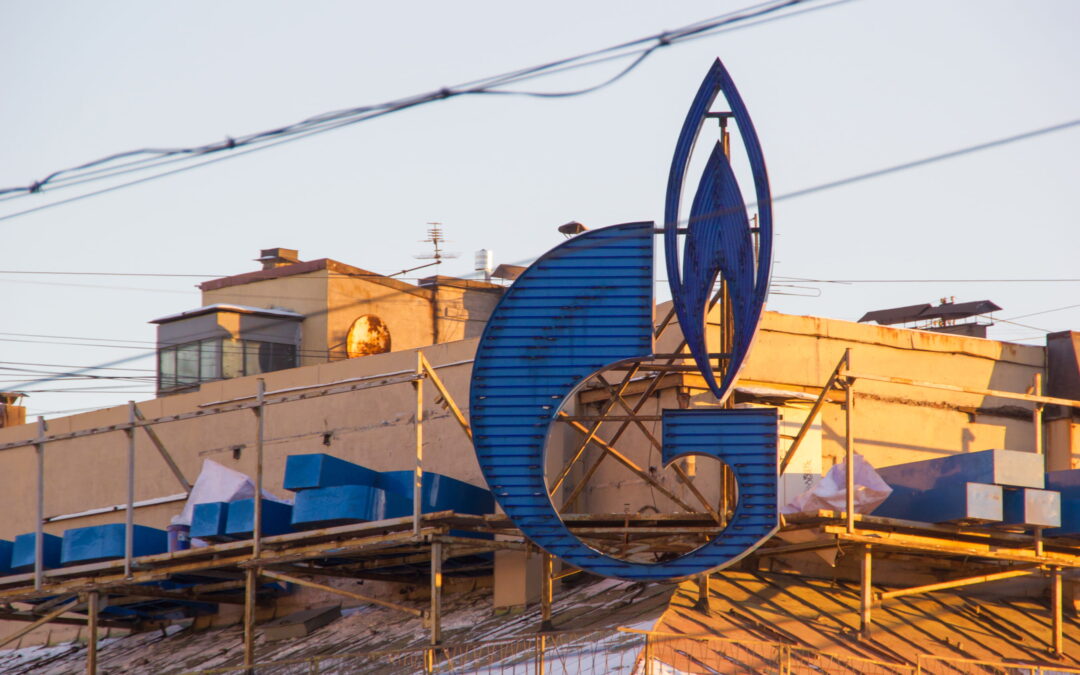Poland’s main anti-trust watchdog, UOKiK, has levied its largest possible fine of 213 million zloty (€48 million) on Russian gas giant Gazprom over its refusal to provide documentation relating to the Nord Stream 2 pipeline it is constructing between Russia and Germany.
The decision is the latest instalment in a struggle between Poland and the Russian firm, which was recently ordered to pay 6 billion zloty (€1.31 billion) to Polish state-owned gas company PGNiG following an arbitration ruling.
Announcing today’s decision, Tomasz Chróstny, the head of UOKiK, explained that the fine was issued in relation “to the ongoing procedure around the establishment of a consortium to finance the construction of the Nord Stream 2 gas pipeline without the required consent [of UOKiK]”.
“At the beginning of the year, we asked Gazprom to provide us with contracts concluded by its subsidiary with other companies financing the construction of Nord Stream 2,” said Chróstny. “Despite the legal obligation to cooperate, the company failed to provide such information.”
Chróstny’s remarks refer to a long-running UOKiK investigation into the consortium behind the pipeline, which as well as Gazprom also includes Shell, Engie, Uniper, BASF’s Wintershall unit and OMV.
UOKiK claims that the consortium had been established without its approval, making it illegitimate. UOKiK had objected in 2016 to its founding over concerns that the venture could lead to excessive market dominance.
After Gazprom failed earlier this year to provide contracts related to transmission, distribution, sale, supply and storage of gaseous fuels, in May UOKiK launched an enquiry into a potential breach of Polish laws.
“To my mind, it is a deliberate act, the aim of which was to obstruct the ongoing proceedings,” said Chróstny today, noting that Gazprom “has not even applied to the Russian Ministry of Energy for approval to pass on information”, as it would be required to do, reports PAP.
UOKiK’s statement today notes that it has also brought charges against the other five firms involved in the project. Last year, it fined Engie €40 million for failing to provide documents relating to Nord Stream 2.
The Nord Stream 2 pipeline, 90% of which has been completed, is meant to double the capacity of Russia’s gas exports to Europe via the Baltic Sea. This has lead to concerns, voiced particularly strongly in Poland, that Gazprom’s growing share of the market could threaten Europe’s energy security.
Poland’s state-controlled oil and gas company PGNiG has previously complained that Gazprom’s clout allows it to charge elevated prices for the commodity. In April, it won a pricing dispute at the Stockholm Arbitration Tribunal with Gazprom, which as a resulted handed over €1.31 billion to PGNiG in July.
Russian gas currently covers around 60% of Poland’s annual demand of 18 billion cubic metres. The Polish government has been seeking to reduce its dependence on Russian energy, including through greater imports of liquefied natural gas (LNG) and recent restrictions on coal imports.
Last year, PGNiG officially notified Gazprom that it will not be prolonging its contract with the Russian gas provider beyond the current deal that expires in 2022.

Maria Wilczek is deputy editor of Notes from Poland. She is a regular writer for The Times, The Economist and Al Jazeera English, and has also featured in Foreign Policy, Politico Europe, The Spectator and Gazeta Wyborcza.




















